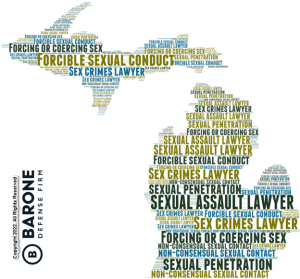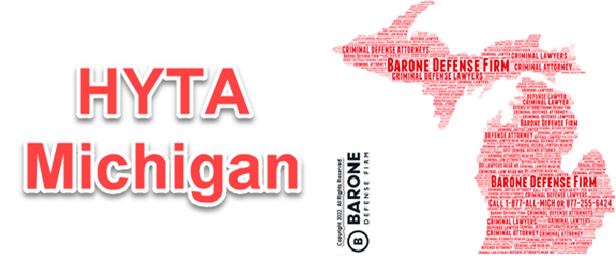Search
Intoxilyzer 9000 – Michigan’s New Breath Test Instrument
Effective immediately, the Intoxilizer 9000 is replacing the DataMaster DMT as Michigan’s new breath test instrument. If you are arrested for DUI in Michigan, the chances are good your breath will be tested on a 9000. If you were over the legal limit, then keep in mind that a top DUI lawyer can beat breath test results in court.
However, for a short period of time, both breath alcohol test instruments will be used. Consequently, depending on the date and time of your evidential breath alcohol test, the police may have used the outdated DMT. If this is true in your case, then be sure to hire a top DUI defense lawyer to represent you. Breath test results rendered by the DMT are inherently untrustworthy. See this article if you are not sure how to find a top Michigan DUI lawyer.
This change to the 9000 is primarily due to the age of the DMTs currently in service. Also, the inability to obtain parts for this older equipment, and MSPs desire to employ newer technology. The Intoxilizer 9000 is widely used across the United States and is often relied upon by law enforcement agencies to determine whether an individual is legally intoxicated.
 Michigan Criminal Defense Lawyer Blog
Michigan Criminal Defense Lawyer Blog


















 In the United States, the discovery process in the criminal justice system is governed by federal and state laws and rules of criminal procedure. For example,
In the United States, the discovery process in the criminal justice system is governed by federal and state laws and rules of criminal procedure. For example,  It can be difficult to know if you are under a federal investigation. However, if you are aware, there are several clues that you are under investigation by the Federal Government. One of them is the receipt of a target letter.
It can be difficult to know if you are under a federal investigation. However, if you are aware, there are several clues that you are under investigation by the Federal Government. One of them is the receipt of a target letter. Sex crimes in Michigan consist of four degrees of criminal sexual conduct (CSC). Each carries varying levels of severity and potential penalties. The four degrees of CSC are outlined in Michigan’s Penal Code and cover a range of sexual acts, including penetration, touching, and verbal communication. This article will explain
Sex crimes in Michigan consist of four degrees of criminal sexual conduct (CSC). Each carries varying levels of severity and potential penalties. The four degrees of CSC are outlined in Michigan’s Penal Code and cover a range of sexual acts, including penetration, touching, and verbal communication. This article will explain 

